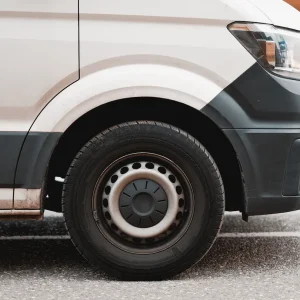
An increasing number of older vehicles being run by fleets is causing them to face increased refusal of out-of-warranty claims by manufacturers, according to the Association of Fleet Professionals (AFP).
The organisation said that with vans in particular now often being operated at up to eight years of age, a range of claims issues ware emerging that were creating intensive debate between manufacturers and fleets.
AFP chair Paul Hollick explained that manufacturers had historically tended to honour out-of-warranty claims on a goodwill basis if parts failed within recommended replacement schedules. However, he said the AFP was now starting to see instances of these being refused for what looked like debatable reasons, even if the vehicles in question had ostensibly complete service records.
Hollick said: “In the wake of the pandemic and subsequent vehicle shortages, many fleets were forced into extending their replacement cycles substantially and quite a few are continuing to operate aged vehicles even though supply is much improved.
“What fleets have learnt is that it is possible to keep vans on the road in safe and efficient condition for much longer than previously thought. However, this is also generating a new series of questions around maintenance and longer-term claims.”
Hollick said one example was a widespread issue of wet cambelts failing on a popular model of van, which had led to the manufacturer’s replacement cycle being shortened.
He said: “It seems a definite move away from the goodwill approach, meaning that thousands of vans operated by AFP members are affected by the revised recommendation and need to have their cambelts changed right now.
“All of this places the cost onus very firmly on fleets that have arguably done nothing wrong.”
Cost calculation
Hollick said that rejected claims were adding to the key disadvantage with older vehicles of rising maintenance costs.
He said: “The argument for running older vehicles is essentially that while keeping them on the road is expensive, it outweighs the cost of a replacement vehicle. If manufacturers begin to refuse claims of this kind, the maths behind that thinking may start to shift.
“A further point to consider is that the rate of change stipulated by the ZEV mandate means fleets are often making choices not between replacing an older diesel van with a newer one, but with an EV.
“There are complex decisions to be made about balancing the cost of keeping the older vehicle on the road with an EV that is probably less operationally efficient.”





